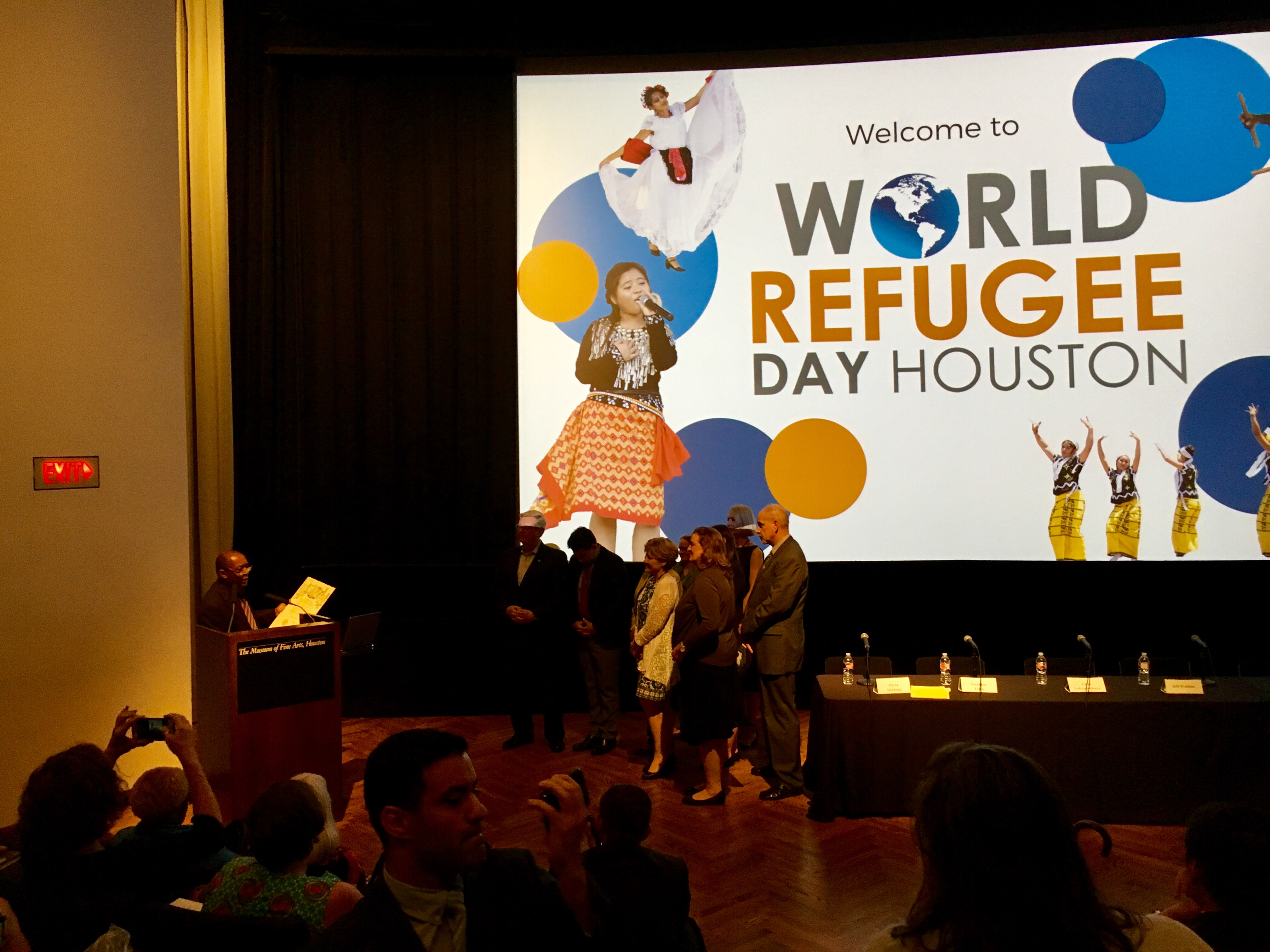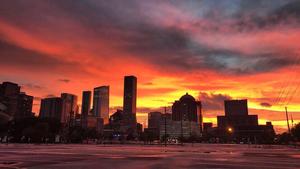Tuesday
Aug072018
Understanding and Welcoming Refugees
 Tuesday, August 7, 2018 at 12:44PM
Tuesday, August 7, 2018 at 12:44PM We live in a truly unprecedented era. Never before has the world been so connected and our destinies been so intertwined. Thanks to technological advances, we have greater access to information and to each other than ever before. We can travel farther and faster than ever before. We live in a globalized world, where what happens on one side of world has the greatest potential in all of human history to impact those of us on the other side.
And because of this, the global refugee crisis—that thing happening “over there”—is something we here in Houston cannot ignore.
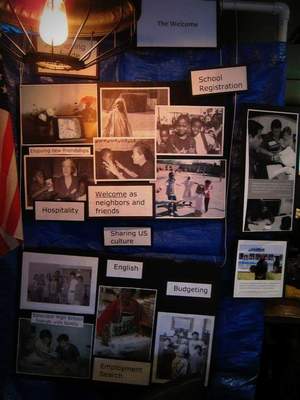
Currently, there are an estimated 68.5 million forcibly displaced persons in the world, people who have been forced to flee from their homes due to some form of conflict. That’s roughly the population of the United Kingdom. Of them, almost one third, 25.4 million, are classified by the United Nations as “refugees”: displaced people who are outside the borders of their countries of origin. By definition, a refugee is unable or unwilling to return home due to a well-founded fear of persecution.
What else is a refugee? A refugee is a father who wants to provide for his family. A pregnant mother concerned about her baby and her other children. A young man who wants to avoid war. A little girl who can no longer attend school. An elderly gentleman who remembers a peaceful existence, who never imagined his country would be destroyed. Refugees are ordinary people caught in extraordinary circumstances. The current refugee crisis is the worst humanitarian issue of our day, on a scale never seen before, considered the greatest migration crisis in the history of mankind. It is estimated that one quarter of the 25 million refugees are from one country alone—Syria. Half of all refugees in the world are under the age of 18.
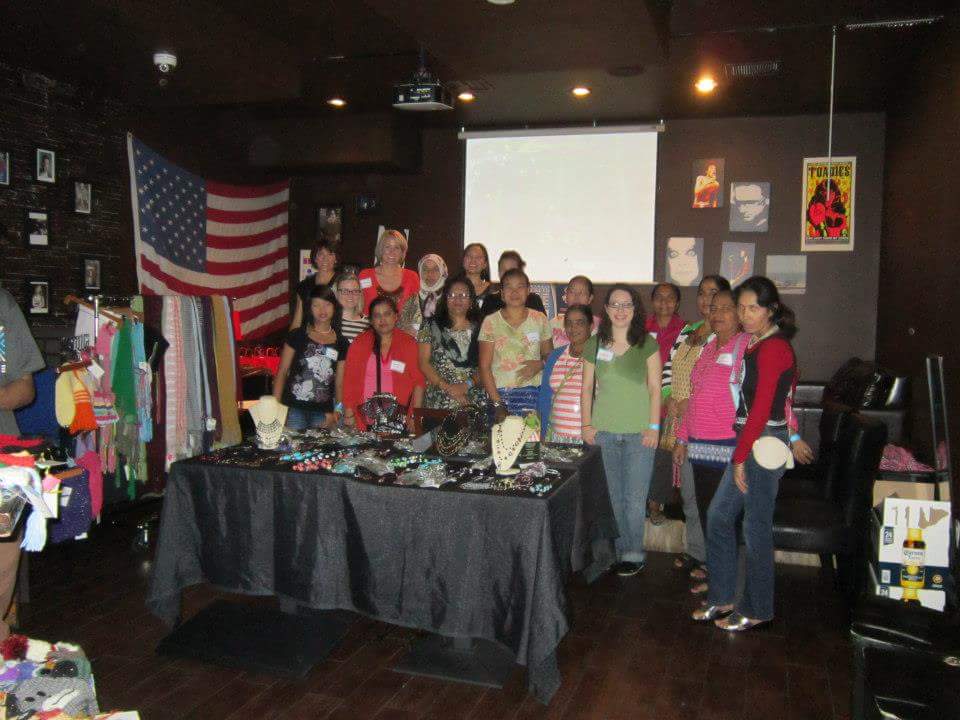
For decades the United States has resettled refugees. In fact, we have historically been the world’s top resettlement country. (In 2018, however, the U.S. will resettle a historic low. ) Since the Refugee Act of 1980, the U.S. has resettled over three million refugees. Over the past decade 24% of those resettled were from Burma (Myanmar), 20% from Iraq, and 14% from Bhutan. On average the U.S. resettles 90,000 refugees per year, not a modest number by any means; in the broader context, however, less than 1% of all refugees globally are resettled into a third country in any given year. Many more refugees are turned away.
Refugees live in every state in the U.S. Many refugees have landed in Texas, in Houston, America’s current #1 city for resettlement. Houston resettles more refugees than some nations, resettling refugees from dozens of countries in any given year. Refugees (and immigrants in general) have changed the landscape of our city:
• One out of every four Houstonians was born abroad.
• We are the most racially and ethnically diverse city in the nation, eclipsing cities like Los Angeles and New York in terms of statistical diversity.
• We are the nation’s top refugee resettlement city, settling over 70,000 refugees since 1978.
• In Fort Bend County, the nation’s most ethnically diverse county, over 95 languages are spoken in the school district.
• Thirty years ago, Houston was largely bi-racial; today everyone is a demographic minority. The U.S. census predicts that by 2040 or 2050, the U.S. will be a minority majority nation. In Houston this is already a reality.
Houston has become not just a microcosm of the world's people, but also a microcosm of the world's religions. From Armenian Orthodox and Bah’ai to Yazidis and Zoroastrians we can account for dozens of major religious affiliations, and some of the nation’s largest churches. It’s the collaborative spirit among these faith groups and interfaith groups that have helped thousands of refugees rebuild their lives in Houston.
When refugees first arrive, they have many urgent needs. Among them are the need to learn English, the need to get a job, and the need to arrange for personal transportation. Parents need to enroll kids in school and buy clothes and supplies. Almost nothing compares to friendship in terms of helping refugees thrive. There are multiple opportunities for our Houston community to get involved and welcome these newcomers.
Houston refugees are supported by a refugee consortium consisting of five refugee agencies, plus one English institute:
While each of these agencies manages their own cases and programs, there is a lot of cooperation and solidarity among them.
Since 2003, Houston’s refugee consortium has collaborated with the City of Houston and dozens of community partners to host World Refugee Day Houston, an event seeking to raise awareness, show gratitude, and honor refugees. World Refugee Day, recognized globally on June 20, was established in 2001 by the United Nations High Commissioner for Refugees, and is celebrated around the world yearly. The Houston event takes a different form every year: it might be a cultural festival, or a panel discussion, or a story showcase. World Refugee Day Houston is a great way for Houstonians to meet refugees and celebrate their achievements.
For decades, Houston has boasted a welcoming spirit toward refugees. There are many ways for you to get involved with refugees in Houston. One of the best ways to start is to contact one of the agencies and ask about volunteer opportunities. Many churches and temples have their own ministries for refugees. You can also do a quick Google search to seek out community partners and refugee support organizations. Here is a list of just a few of those organizations.
Refugees contribute to the thriving of our city. They teach us about resilience, grit, and perseverance. They are part of the fabric of our cosmopolitan city. Join Vox Culture in welcoming refugees.
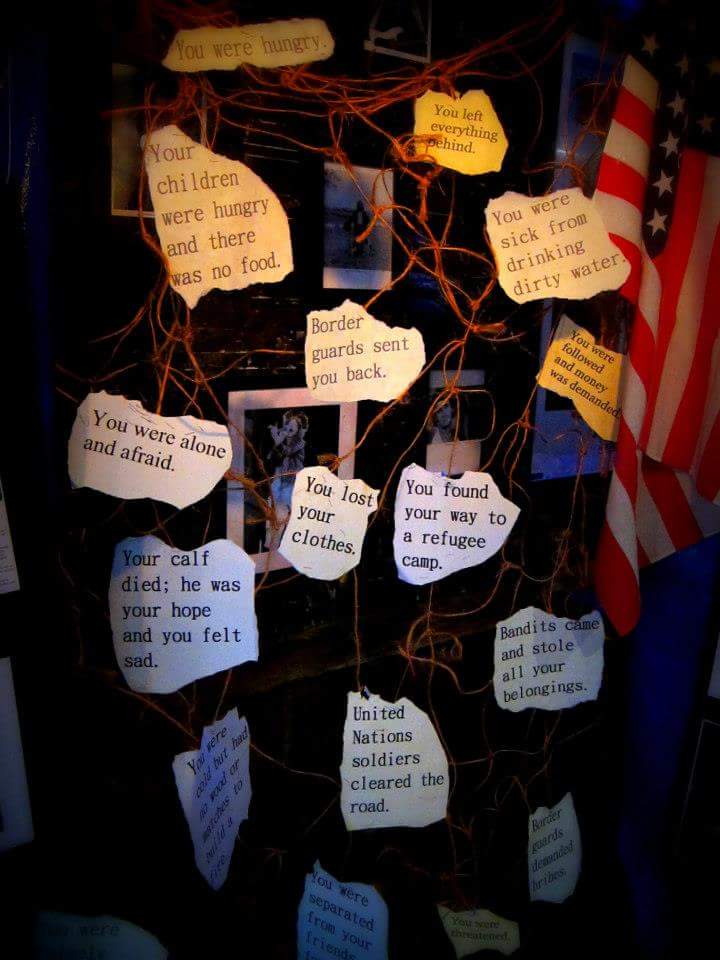
Bio:
Cindy M. Wu is a local author and speaker, and former Vox Culture board member. You can find her at www.cindymwu.com.
Sources:
http://www.unhcr.org/en-us/figures-at-a-glance.html
http://www.rcusa.org/history/
http://www.pewresearch.org/fact-tank/2018/07/05/for-the-first-time-u-s-resettles-fewer-refugees-than-the-rest-of-the-world/.


